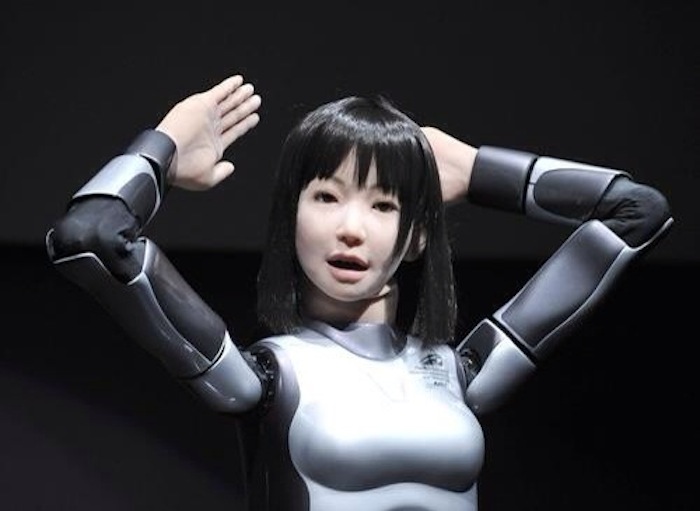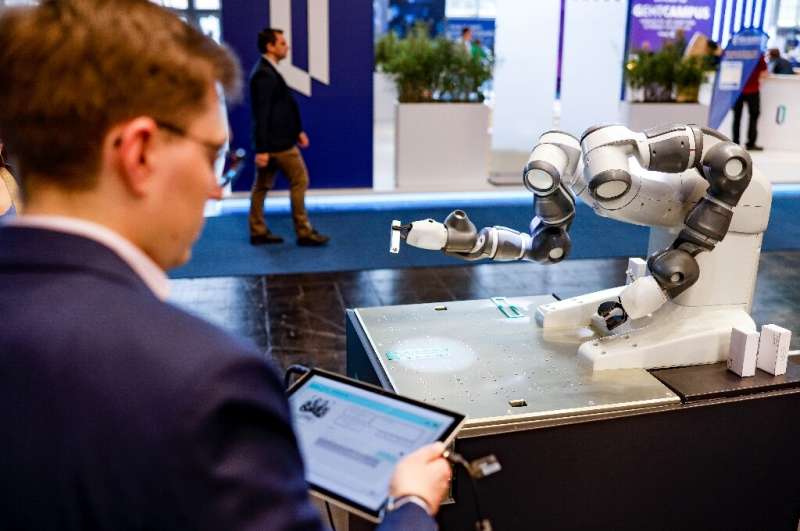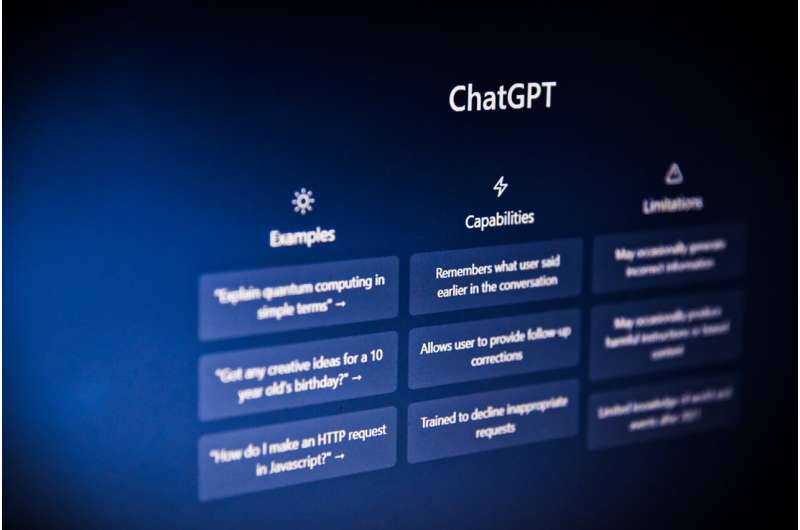Japan has long been at the forefront of technological innovation, and when it comes to artificial intelligence (AI) and robotics, the country continues to lead the way. Over the years, Japan has made remarkable strides in developing AI robots that have found applications in various industries, research, and daily life. From assisting with tasks in healthcare and manufacturing to enhancing human-robot interactions, AI robots in Japan have become a technological marvel that is reshaping the future. In this article, we explore the fascinating world of AI robots in Japan and the profound impact they have on industries and society as a whole.
Contents
Pioneering Robotics Culture in Japan
Japan’s fascination with robotics can be traced back to ancient times with its rich history of automata and mechanical dolls. However, it was in the late 20th century that Japan truly emerged as a pioneer in modern robotics. Advances in AI and robotics technology were driven by the desire to address societal challenges such as an aging population and labor shortages. The Japanese government and private industries invested significantly in research and development, fostering a thriving robotics culture in the country.
Industrial Applications of AI Robots
One of the primary areas where AI robots have found extensive application is in Japan’s manufacturing industry. Known for its precision and efficiency, Japanese manufacturing has been revolutionized by AI robots. These robots perform tasks that require high precision, speed, and repeatability, thereby increasing production efficiency and reducing errors. From assembling complex electronic devices to welding and painting in automotive manufacturing, AI robots have become indispensable assets for Japanese industries.
AI Robots in Healthcare
The aging population in Japan has led to increased demand for healthcare services and assisted living. AI robots have emerged as valuable companions and caregivers for the elderly. These robots can assist with daily tasks, monitor vital signs, and provide reminders for medication, thus alleviating the burden on healthcare workers and enabling the elderly to live more independently.
Furthermore, AI-powered exoskeletons have been developed to assist patients with physical disabilities, aiding in their rehabilitation and mobility. These advancements in healthcare robotics have the potential to transform the quality of life for many individuals.
Human-Robot Interaction and Entertainment
Japan has also been at the forefront of creating humanoid robots capable of natural human-like interactions. These robots, often designed with expressive faces and movements, can engage in conversations, respond to emotions, and provide companionship. They are employed in various settings, such as customer service, educational environments, and even as home assistants.
Additionally, AI robots have become an integral part of the entertainment industry in Japan. From robotic pets and toys to humanoid robots used in stage performances and theme parks, these creations capture the imagination and awe of both children and adults alike.
Ethical and Societal Considerations
As AI robots become more sophisticated and capable of mimicking human behavior, ethical considerations have come to the forefront. Japan is actively addressing these concerns by developing guidelines and regulations to ensure the responsible and ethical use of AI robots. Discussions around robot rights, privacy, and potential job displacement are also ongoing as society grapples with the integration of AI robots into daily life.
AI robots in Japan represent a pinnacle of technological innovation and cultural fascination. From revolutionizing industrial processes to enhancing healthcare and enabling novel forms of human-robot interaction, AI robots have become a transformative force in Japan’s society and economy. As the technology continues to evolve, Japan’s dedication to research and development ensures that it will remain at the forefront of the global robotics revolution. With responsible and ethical implementation, AI robots have the potential to bring about profound positive changes, making Japan’s vision of a robot-assisted future closer to reality than ever before.





